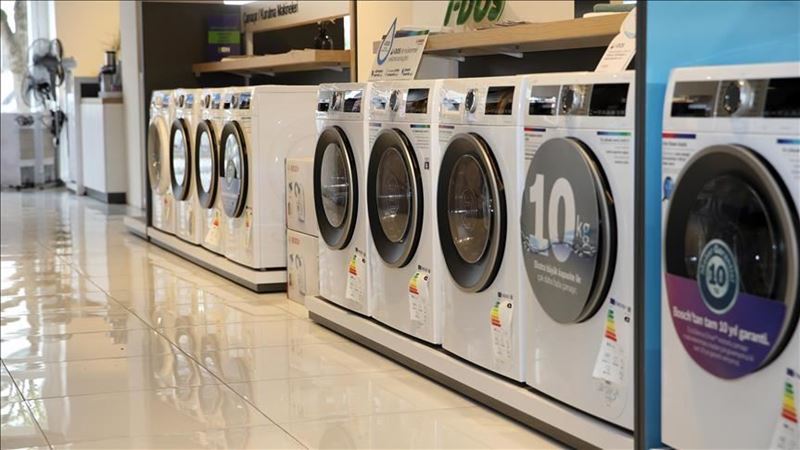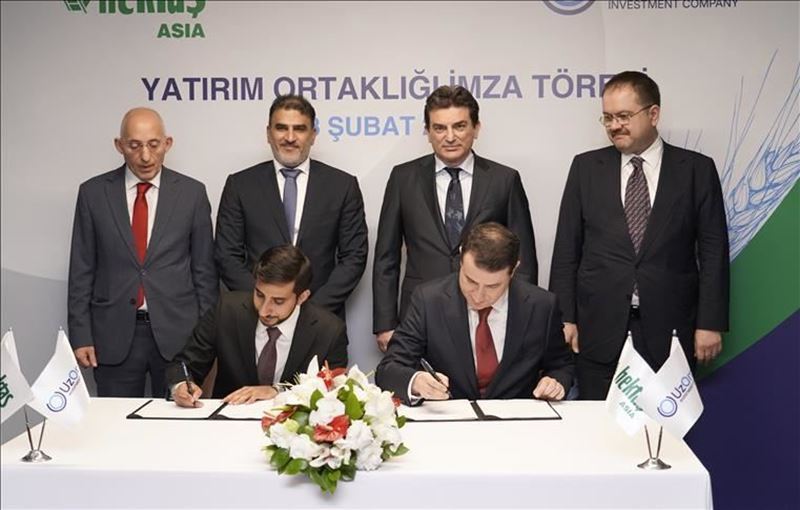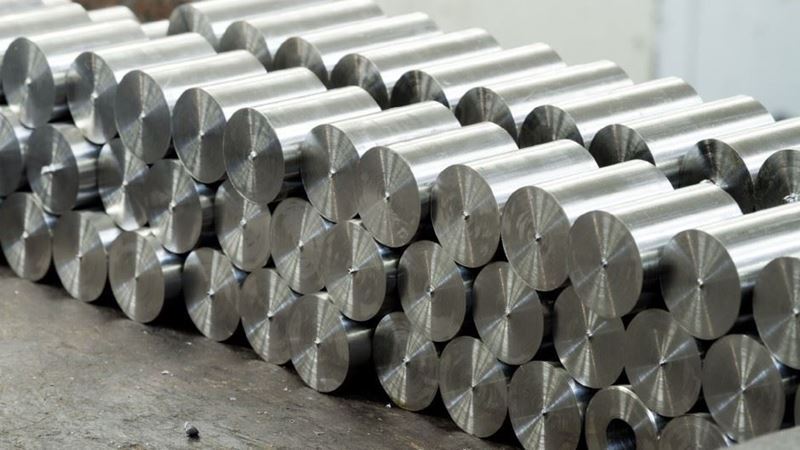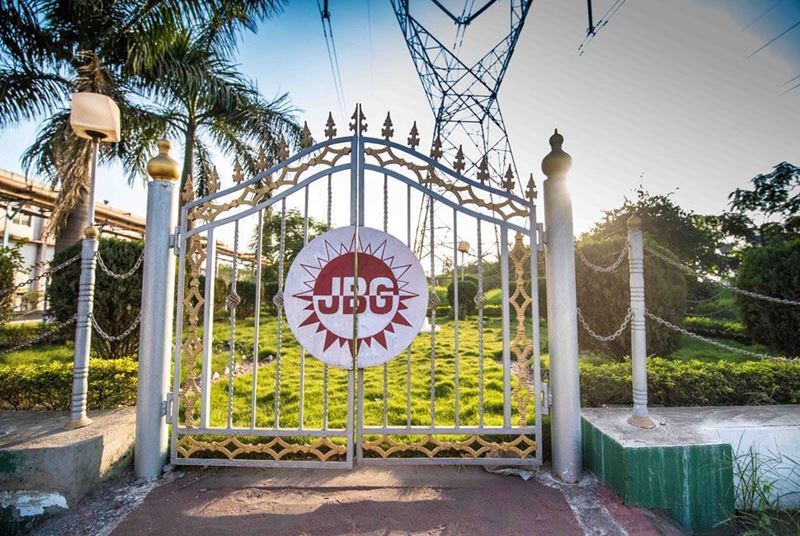Gökhan Sığın, President of the Turkish White Goods Manufacturers' Association (TÜRKBESD), stated that there was a 3% decline in exports in 2024 and emphasized that supportive policies are needed to prevent the decline in exports from becoming permanent.
Contraction in exports continues
The sector, which has experienced a serious decrease in exports for the last two years, wants incentive mechanisms that will increase competitiveness to be put into effect, even though it partially compensates for the loss with the domestic market. According to TÜRKBESD data, domestic sales increased by 7% in 2024, reaching 10 million 175 thousand units, while exports decreased by 3%. Total sales remained at 32 million 594 thousand units with a slight decrease of 0.4%.
Sığın stated that the contraction in exports was also reflected in production, and that production fell by 2% in 2024 compared to the previous year. Stating that all indicators were negative especially in december, Sığın added that domestic sales decreased by 1% while exports declined by 11%.
“Export Encouraging Policies are important”
Sığın emphasized that Türkiye ranks first in Europe and second in the world in white goods production, adding that the sector provides 60 thousand direct and 600 thousand indirect jobs and maintains its competitive power on a global scale thanks to its investments in research and development, digital transformation and green transformation.
Sığın stated that the losses in exports have reached a critical level and continued, “Despite the growth in the domestic market, the total market size remained almost constant in 2024. Our sector has not experienced a contraction in capacity utilization and employment until today. However, there have been significant export losses in the last two years. Since a major recovery is not expected in global markets, policies that encourage exports need to be increased in our country.”
Sığın underlined the critical importance of preserving the export advantages Türkiye has gained over the years, and emphasized the need to continue policies that support exports.
Energy efficient products and input costs
Sığın also pointed to the white goods sector's investments in energy-efficient products and added: “Compared to 2014, energy-efficient refrigerators produced with today's technologies consume 16% less energy. The widespread use of such products will support production and exports while protecting natural resources. Therefore, we believe that incentives for energy efficient products will contribute to national wealth.”
Fatih Özkadı, Vice Chairman of the Board of Directors of TÜRKBESD, stated that industrialists are struggling with increasing cost pressure and added, “GEKAP has increased by 900% since 2020. In the same period, PPI and CPI increased by 495%, labor costs by 790%, natural gas by 650% and electricity by 550%. In order to maintain competitiveness, it is of great importance to control input costs and to implement regulations that will support industrialists.”
Mehmet Yavuz, Board Member of TÜRKBESD, emphasized that the increase in flat steel prices directly affects costs and has a strategic importance for the sector. Yavuz stated that flat steel accounts for 17% of total costs and that price increases create inflationary pressure.
Semir Kuseyri, Board Member of TÜRKBESD, stated that consumers are also victimized in terms of authorized services and drew attention to the problems caused by unauthorized services.
Türkiye's white goods sector is waiting for the implementation of incentive mechanisms to overcome the contraction in exports despite the dynamism in the domestic market. Sector representatives emphasize that controlling input costs and increasing support for exports are critical to maintain competitiveness.











Comments
No comment yet.